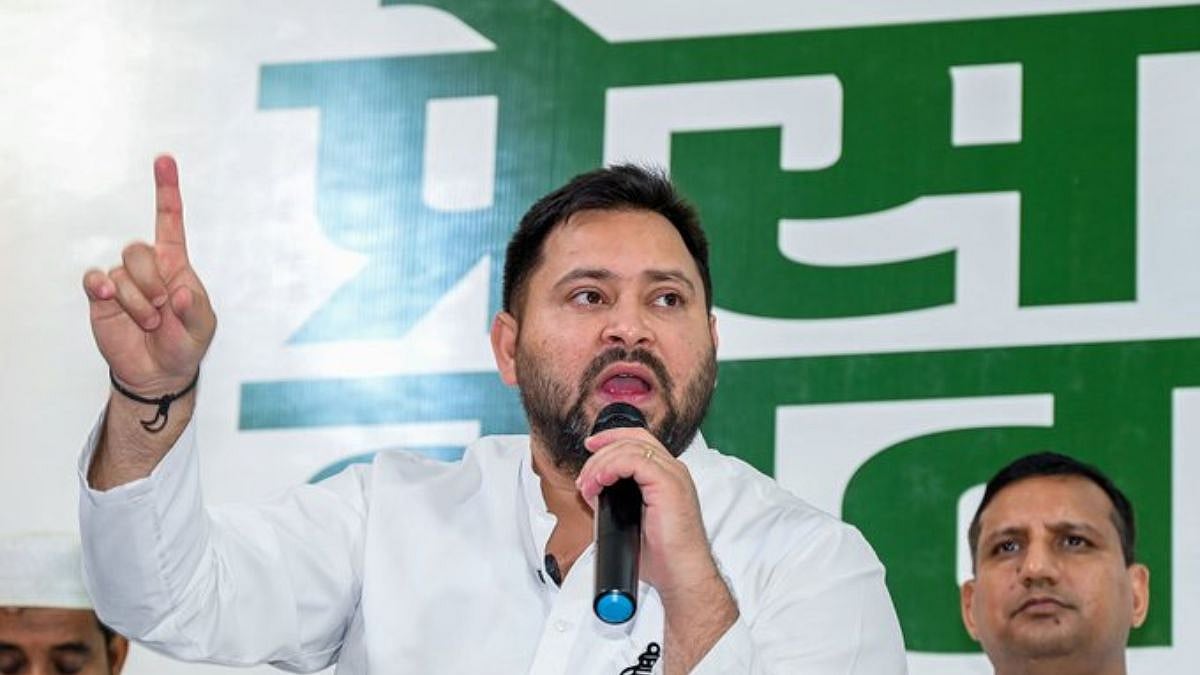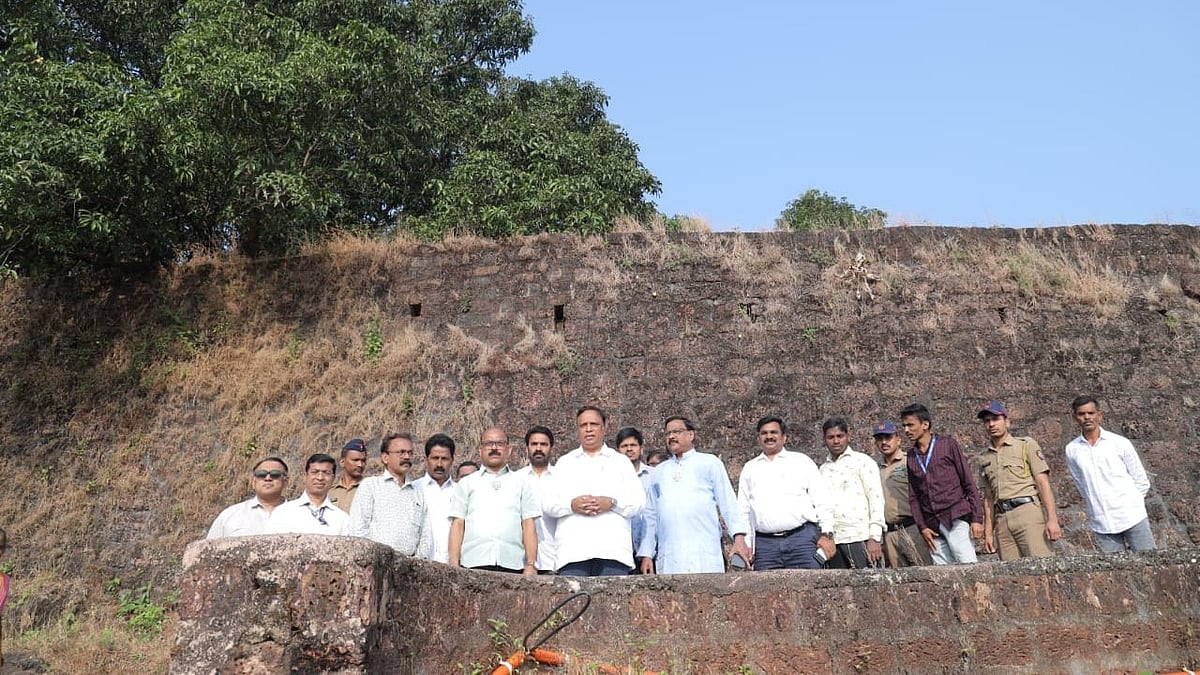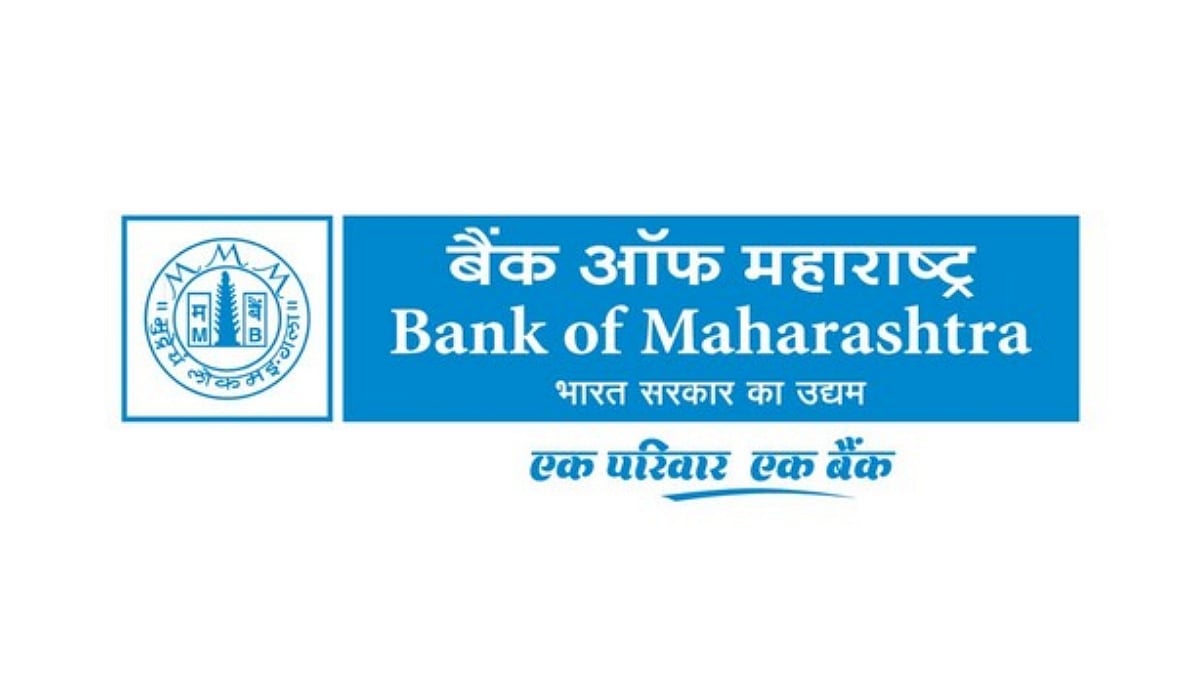Finance Minister of India Nirmala Sitharaman is all set to present the Union Budget on February 1, for the financial year 2022-23. The Indian business sector is quite optimistic about the same; rebate in taxation, simplifying investment and offering of further incentives to the Indian startups and MSMEs are some of the expectations from the Union Budget 2022.
Rajesh Gupta, CTO at BUSY Accounting Software said, “To become Atmanirbhar Bharat, we expect the government to control prices of raw materials, which will help more MSMEs stay afloat during these challenging times. Besides, the government must reduce GST rates across sectors, increase the working capital limit for MSMEs, and ease credit disbursement to small businesses.”
Startup companies that have been driving job creation within the country and have weathered the COVID-19 storm are now looking up to the Finance Minister to provide them with business boosters in the form of incentives.
Ravi Mittal, Founder & CEO of QuackQuack take on the situation, “With the frequent curfews and lockdowns, startups are seeing unforeseen circumstances, it would be ideal to introduce simplification of an exit route for failed startups. On the other hand, simplification of listing norms for startups will encourage further investments. Also, certain startup products in life saving equipment can be exempt from GST. The government could create a centralized fund for smaller startups with innovative ideas. These can go a long way in supporting and promoting startups in our country.”
Siddhartha Vanvani, Founder & CEO, Digidarts said, “Year 2021 has emerged as an exceptional year for the Indian Startup Ecosystem. Our mighty economy produced 75+ unicorns in a single calendar year for the first time with nearly $40 billion fundings. COVID is still a concern for the businesses, and Union Budget 2022-23 is just around the corner. To provide support, the government can infuse large cash flows into the system by extending current policies to facilitate the commercial expansion of the startups. Plus, create mass awareness programs to accelerate the digital transformation of the Nation. Lastly, a more lucrative taxation structure will surely help companies invest more in building a highly advanced future for all of us.”
Startups from the crypto sector have also been facing uncertainties with respect to the upcoming crypto bill in the Union Budget, start-up founders are though optimistic about the future and are expecting a progressive stance from the Government.
Roshan Aslam, Co-Founder & CEO at GoSats said, “While the Indian crypto ecosystem eagerly awaits the government’s decision to regulate crypto assets through the crypto bill, in the Union Budget 2022 we can expect the government to provide their initial views on crypto. This could include information on income or capital gains, taxation, and other certain views they have on crypto assets. However, nothing can be firmly stated until the crypto bill is released, as that would be the basis on which crypto assets will have a definition in India. Furthermore, we expect to see a boom in Indian crypto startups as the industry is growing massively. We are seeing many Indian and foreign VC’s being intrigued with crypto companies and the talent they have. With this degree of growth, we hope the government takes a positive regulatory stance in regulating crypto assets.”
Sharing his wishlist, Utkarsh Gupta, MD, Ramagya Mart, said, " I urge for policies in the MSME category and would expect Indian banks and government corporative bodies to be in a position to offer Indian manufacturers collateral-free term loans at EU interest rates of around 5 percent for Infrastructure development, investment on inventories and bill discounting besides 80 percent subsidy of R&D investment for inhouse indigenous product development. My recommendations and expectations from this upcoming budget revolves around actually buying local and not just being vocal for local!"
Stating that he expects some relief for the SME and MSME space with over 40 percent workforce engaged in the latter, Sethurathnam Ravi (S Ravi) Founder and Managing Partner, Chartered Accountants’ firm Ravi Rajan & Co. said, "Expectation on rationalization of GST is there so that there is relief to small producers specifically within the food and Pharma sectors. I believe that there will be larger focus on few industries like semiconductors, lithium batteries, infrastructure for renewable energy and Electric Vehicles and special boost to Green Enegy therefore we can expect major measures in this direction."
Vaibhav Somani, Director, Gravolite, said, “MSME sector has been the backbone for India’s economic progress. The expectations from industries like ours from the Budget would be to create specific schemes to thwart the immediate impact of the third wave on this sector. Other government policies like inability to handle GST compliance costs has disabled millions of self-employed individuals from selling their products online, especially during the lockdown period. I think for those who have a turnover of less than 40 lakhs individuals should be allowed to sell online without GST registration."









